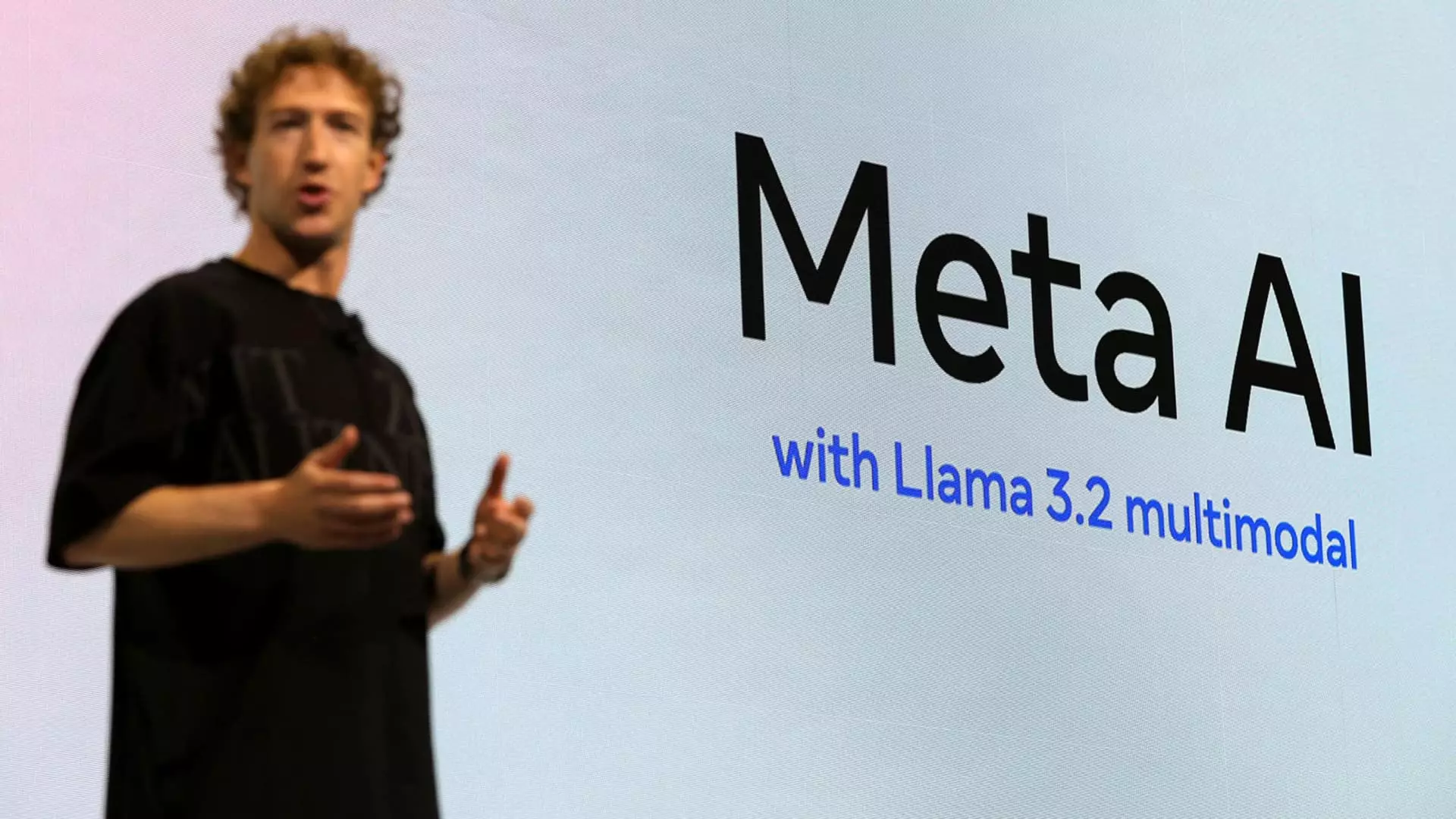In a significant judgment, U.S. District Judge Vince Chhabria ruled in favor of Meta against a group of notable authors, including Sarah Silverman and Ta-Nehisi Coates. This case revolved around the copyright implications of using literary works to train artificial intelligence models, specifically Meta’s Llama AI system. The ruling not only set a precedent for the relationship between AI development and intellectual property rights but also sparked discussions surrounding the ethics of content usage in the burgeoning field of AI technology.
The crux of the case lay within the fair use doctrine of U.S. copyright law. While Judge Chhabria acknowledged the sanctity of copyright ownership—the legal premise that prohibits the unauthorized reproduction of protected works—he found Meta’s justification for their actions compelling. Meta argued that their utilization of books constituted a transformative use, which is a cornerstone of the fair use defense. This ruling could have further implications for the broader tech industry, as companies increasingly rely on large datasets to train their models.
The Flawed Jury of Market Harm
Despite a legal victory for Meta, the judgment did not come without its criticisms. Judge Chhabria underscored that the plaintiffs’ arguments regarding “market harm” fell flat. The authors contended that Meta’s practices harmed their market position, yet the evidence presented failed to convincingly establish that the use of their literary works for AI training would lead to significant detriment. Chhabria noted, “On this record Meta has defeated the plaintiffs’ half-hearted argument that its copying causes or threatens significant market harm.” The ruling implies that the court viewed the value of AI training as not directly correlated to the sales or market performance of the plaintiffs’ works.
This raises questions regarding how “market harm” should be assessed in the realm of AI training. By relying on an evolving understanding of value, the legal system may inadvertently open the door for more transformative applications of copyrighted content. However, such a path must be tread carefully, as it risks trivializing the authors’ plight in a changing landscape of content appropriation.
The Ongoing Debate Over Copyright Ethics
While the judge’s ruling appears to favor future innovations in AI, it does not eliminate the ethical dilemmas posed by such developments. The judge explicitly pointed out not only the power of fair use but also the risks posed by a broad interpretation of its application. Chhabria noted that copyright infringement without adequate compensation can disrupt the balance of creative industries, potentially disservice creators in the name of technological advancement. He articulated concern for the public interest and remarked that if works were not compensated adequately, it could lead to detrimental shifts in how literature and creativity are valued.
Critics argue that AI systems, especially those built on massive datasets composed of potentially pirated material, have an inherent obligation to respect the rights of original creators. The ruling undoubtedly emboldens AI companies, yet it equally illuminates the uphill battle creators face in protecting their intellectual property in a digital age dominated by rapid technological advancements.
The Bigger Picture: Future Implications for AI and Copyright Law
While this specific case resulted in a favorable outcome for Meta, it also serves as a stirring wake-up call for authors and copyright advocates. Judge Chhabria was careful to delineate that this ruling should not be seen as a blanket endorsement of Meta’s practices; instead, it was narrowly tailored to the particulars of this lawsuit. The implications of his decision remain, as it potentially opens floodgates for similar copyright lawsuits from authors who feel similarly aggrieved.
Moreover, the ruling reiterates that while technology must push forward, it cannot do so at the expense of artists and creators. With other emerging cases against companies like Anthropic also in the pipeline, a comprehensive reevaluation of copyright norms in the age of AI seems inevitable. As technology continues to evolve, so must the legal frameworks that govern the interplay between authors’ rights and the innovative spirit of AI development.
This complex dialogue around copyright and AI will require careful navigation, as advancements that benefit society must not overshadow the contributions of individuals who create the very content that fuels these technologies. The balance between innovation and respect for creators is a tightrope that both legal systems and tech companies must learn to traverse.

